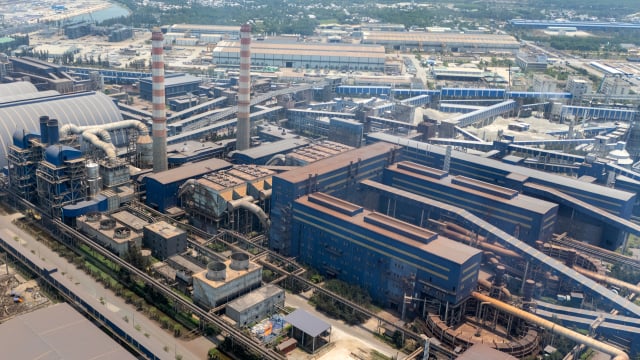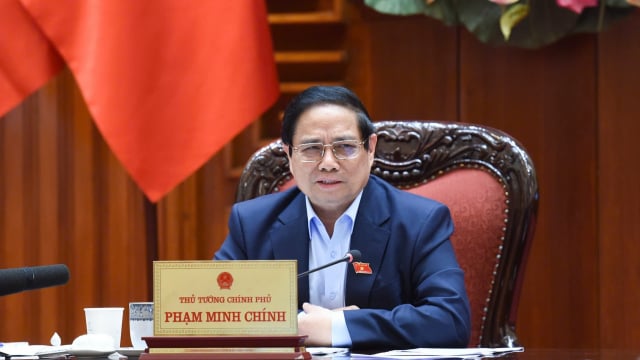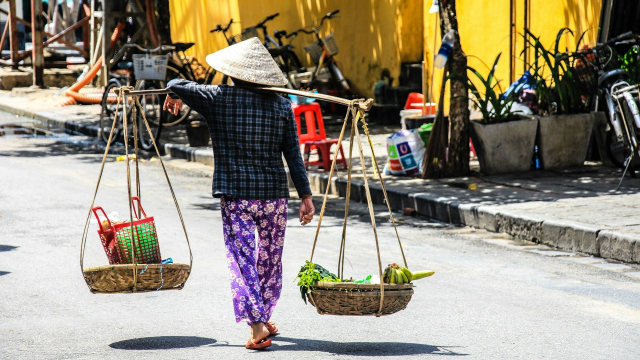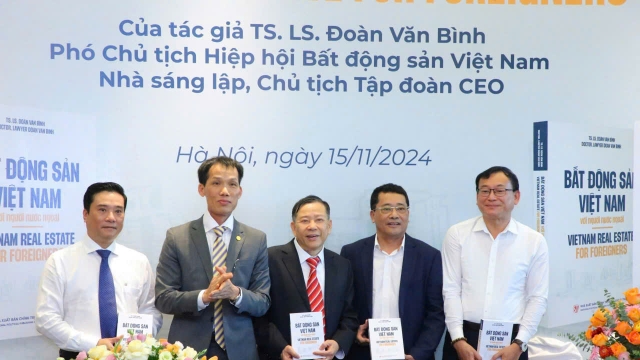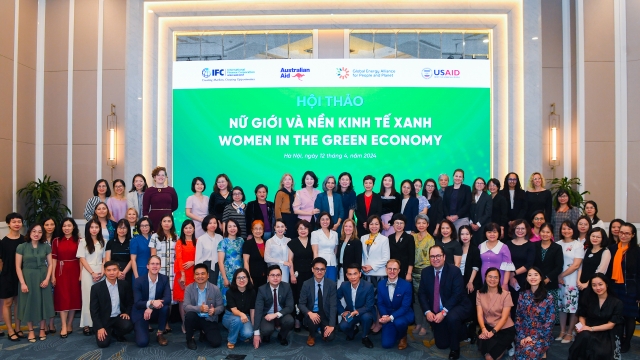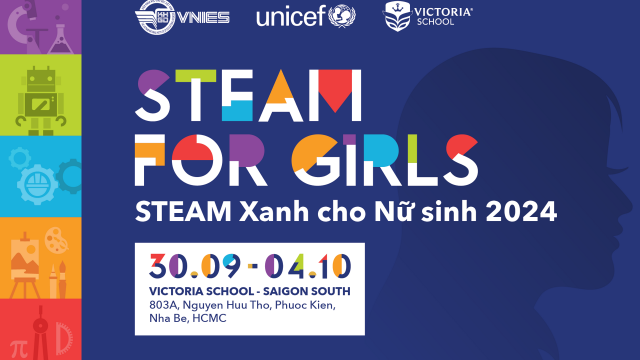The $350 million-textile and dyeing project in Vinh Phuc province has been advised not to be given official permission by scientists and experts due to risks of environmental pollution.
This project is proposed by Hongkong's TAL Group in Ba Thien II Industrial Park of Binh Xuyen district, Vinh Phuc province.
At the workshop named "Evaluation of TAL Group's textile and dyeing plant investment project in terms of socio-economic efficiency and environmental impact," 100 per cent of opinions agreed that Vinh Phuc province should be very cautious and careful in giving TAL Group's project official permission.
According to Le Hung Nam, Deputy Director of the Department of Water Resources and Rural Water Management, the need of using water in textile and dyeing project is up to 12,000 cubic metres per day. The average wastewater is 11,840 cubic metres per day and it discharged to the May river in Thien Ke commune and then to Cau river.
TAL Group's plant also uses a large amount of chemicals which is about 17,000 tons per year including substances such as sodium hydroxide, peroxide, sulfuric acid which are considered affecting water quality.
Due to the serious risk to environment, Nam said that Vinh Phuc should reject this project.
Within the influence of Cau river pollution if it happened, the Bac Ninh People's Committee noted that Vinh Phuc province should be very cautious with project of TAL Group because it will not only have impact on the locality but also on other province.
In foreign direct investment (FDI) of textile industry, TAL Group is a familar name. In 2014, it invested in a garment factory in Ba Thien II Industrial Park with an area of eight hectares and total investment of $50 million which has come into operation with sales in 2017 and reached $20.38 million.
In 2016, TAL Group proposed to invest in a textile-dyeing project (with the use of bleaching, dyeing and washing) with a capacity of 60.9 million meters of fabric per year. This project is planned in a land area of over 38 hectares in Ba Thien II Industrial Park and total investment capital up to $350 million.
Representatives of related sectors affirmed that the scale and the demand for electricity, water and chemicals as proposed are too great.
In addition, Ba Thien II Industrial Park gives priority to the development with clean and hi-tech industries, not creating environmental pollution. Therefore, the project is not suitable to be developed in Ba Thien II Industrial Park.
















